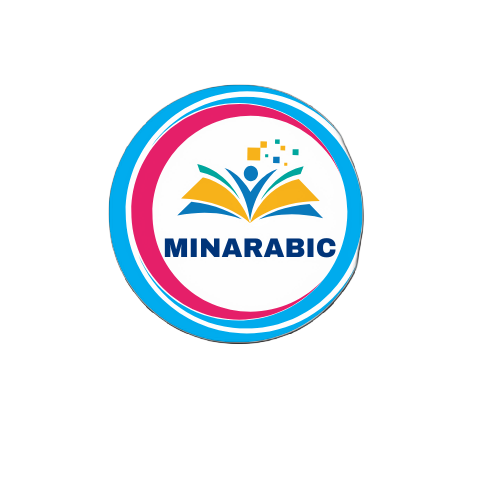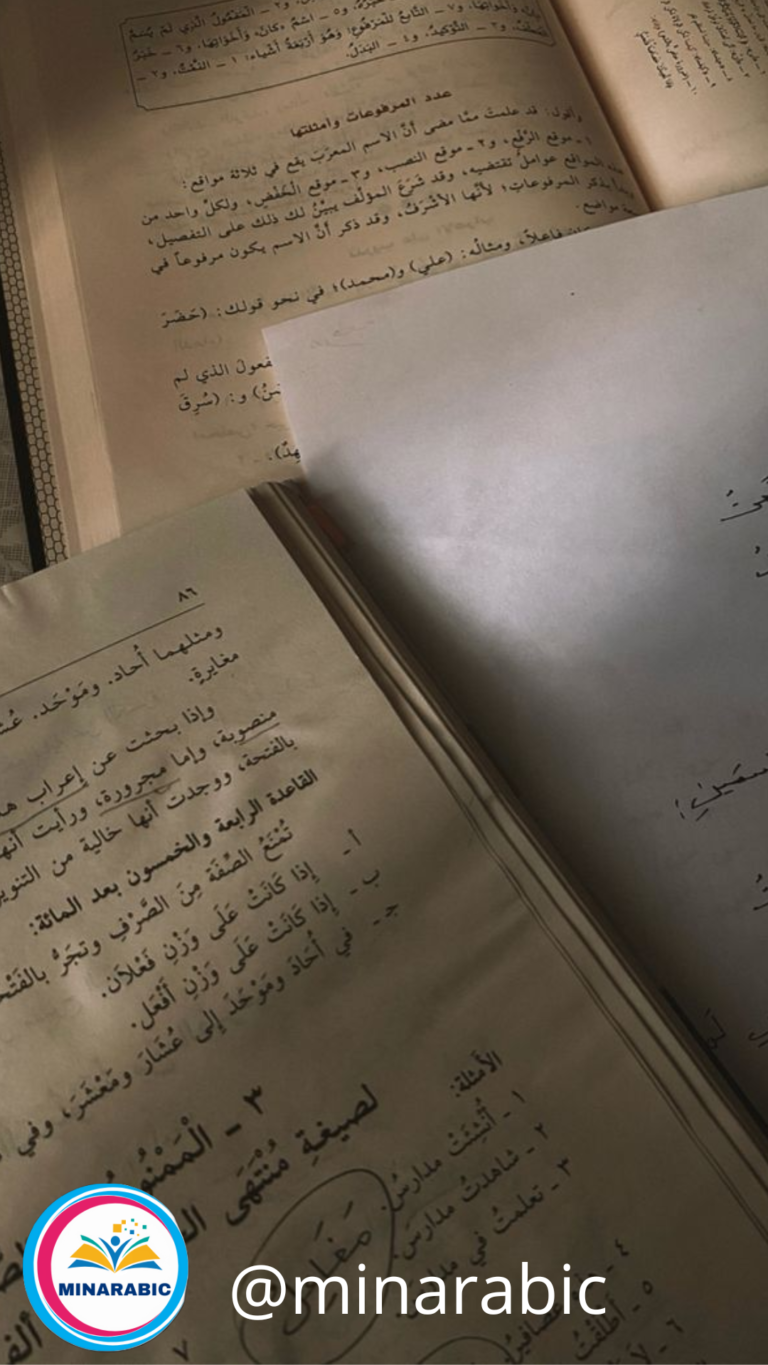

The Ultimate Guide to Learning Arabic for Beginners
The Ultimate Guide to Learning Arabic for Beginners
Are you eager to learn Arabic but not sure where to start? The Arabic language is one of the most widely spoken languages in the world, offering both cultural enrichment and professional opportunities. With its unique Arabic script, fascinating history, and rich cultural background, embarking on this journey can be both exciting and challenging. This ultimate guide will help you master Basic Arabic, build your Arabic language skills, and gain confidence to speak Arabic fluently, Click here.
Why Arabic Language?
Learning the Arabic language opens doors to diverse cultures, incredible travel experiences, and a deeper understanding of history and religion. Arabic is spoken by over 400 million people across 22 countries. Whether you want to communicate in everyday Arabic conversation, explore Arabic literature, or advance your career, studying this language is immensely rewarding.
Benefits of Learning Arabic
- Cultural Connection: Gain access to rich traditions, music, and cuisine from the Arab world.
- Career Opportunities: Many industries, such as international business, translation, and diplomacy, highly value Arabic speakers.
- Intellectual Challenge: Learning the Arabic alphabet and grammar develops cognitive skills and enhances brain function.
How to Learn Arabic for Beginners
Starting your Arabic journey can feel overwhelming, but with the right approach, you can achieve your goals. Here are essential steps to get you started:
1. Master the Arabic Alphabet
The first step to learning Arabic is to familiarize yourself with the Arabic script. Unlike English, Arabic is written from right to left, and its letters change form depending on their position in a word. Spend time practicing each letter and its sounds, as this forms the foundation for reading and writing.
2. Focus on Arabic Vocabulary
Building your Arabic vocabulary is crucial for effective communication. Start with commonly used Arabic words and phrases that are relevant to daily life. Here are a few examples:
- سَلَام (Salam): Hello/Peace
- شُكْرا (Shukran): Thank you
- ْمَاء (Ma’): Water
Using flashcards, apps, and repetition can help you retain new words.
3. Learn Basic Arabic Phrases
Once you’ve acquired basic vocabulary, start practicing Arabic phrases that will help you navigate everyday situations. For example:
- مِنْ فَضْلِك (Min fadlak): Please
- كَيْفَ حَالُك (Kayfa halak): How are you?
- مَا اِسْمُك؟ (Ma ismuka?): What is your name?
4. Take an Arabic Language Course
Enrolling in a structured Arabic language course, Click here, is one of the most effective ways to learn. Whether online or in-person, courses provide expert guidance, structured Arabic lessons, and practice opportunities. Many courses cater specifically to Arabic for beginners, making it easier to progress step by step.
5. Practice Arabic Grammar
Arabic grammar lessons are essential for constructing meaningful sentences. Unlike English, Arabic relies on a system of roots and patterns, which can feel unfamiliar at first. Focus on:
- Verb conjugations
- Noun cases
- Sentence structure
While it may seem complex initially, understanding grammar is key to mastering the language.
6. Study Arabic Writing and Reading
Once you’re comfortable with the Arabic alphabet, move on to Arabic writing and reading. Start with simple texts like children’s books or beginner’s stories. Reading improves your understanding of sentence structure and expands your vocabulary.
7. Engage in Arabic Conversation
Practicing real-life Arabic conversation is one of the best ways to become fluent. Connect with native speakers, join language exchange programs, or participate in online communities dedicated to learning Arabic. The more you practice speaking, the more confident you’ll become.
8. Use Online Resources and Tutorials
There are countless online resources to support your learning journey. From Arabic language tutorials on YouTube to interactive language apps, the options are endless. These tools allow you to learn at your own pace and target specific areas, such as vocabulary or pronunciation.
9. Join the Arabic Language Academy
If you want to study Arabic in-depth, consider joining an Arabic Language Academy. These institutions provide advanced courses, cultural immersion programs, and access to specialized materials that can enhance your learning experience.
Tips for Staying Motivated
Learning Arabic requires consistency and patience. Here are some tips to keep you motivated:
- Set clear goals: Define what you want to achieve, whether it’s conversational fluency or mastering the Arabic script.
- Celebrate milestones: Reward yourself when you master new Arabic words or complete a level in your Arabic lessons.
- Immerse yourself: Watch Arabic movies, listen to Arabic music, or follow Arabic podcasts to stay engaged.
Final Thoughts
Learning Arabic as a beginner may seem daunting, but with the right strategies and resources, you can build your Arabic language skills effectively. Start with the basics, practice daily, and immerse yourself in the language. Remember, consistency is key. Whether you’re focusing on Arabic grammar lessons, mastering the Arabic alphabet, or practicing Arabic conversation, every step brings you closer to fluency.
So, why wait? Begin your journey to learn Arabic for beginners today and unlock a world of opportunities, culture, and connection.
Categories
Tags
You May Also Like
-
-
February 7, 2025
-
-
February 7, 2025
-
-
February 3, 2025




